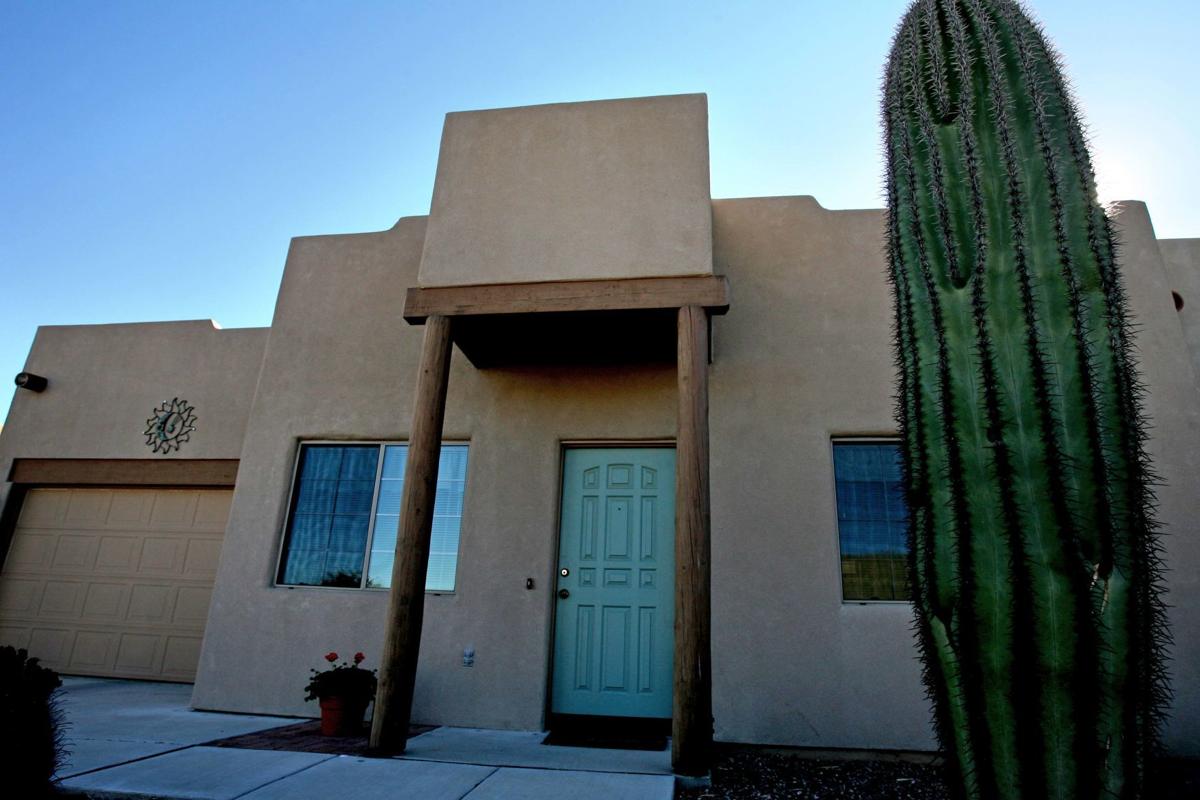PHOENIX — The way self-proclaimed tax activist Lynne Weaver sees it, anyone who makes it to age 65 should not have to pay property taxes on their homes.
Now she is working with Randy Pullen, the former chairman of the state Republican Party, to try to put that exemption into the Arizona Constitution. And under their proposal, it would not matter how wealthy the homeowners are and how much the property is worth.
Their initiative drive would expand on a program approved by voters in 2000 that freezes the property valuations of eligible seniors.
But eligibility for that is linked to income, a figure that for 2019 will be $37,008 for a single homeowner and $46,260 for couples who own property jointly.
Weaver said that involves a lot of paperwork, and a new application must be submitted every three years.
Moreover, “We have too many people losing their home, unable to pay property taxes,” she said. “Why should just low-income people be able to stay in their home after they retire and they’re on a fixed income?”
That, however, still leaves the question of why the simple fact of turning 65 should exempt a property owner, who may have a very expensive home, from paying his or her share of the costs of running government.
Weaver, who acknowledged she is older than 65, said financial well-being can be transitory.
“You may be well-off today,” she said. “But you may be diagnosed for something tomorrow that’s going to take everything you’ve got to keep up with it. Your life changes quickly.”
But there’s something deeper to Weaver’s philosophy: “Just because you have money doesn’t mean the government has a right to it,” she said.
Weaver got involved in trying to change Arizona’s laws after she moved here from California in 2001.
It’s not that taxes here were higher. They were not.
But California homeowners are protected by Proposition 13, the 1978 measure that not only rolled back property valuations but also capped year-over-year increases. Weaver said that means stable taxes for as long as an individual owns his or her home.
By contrast, she said, Arizona’s property taxes are “unpredictable and inexplicable.”
That led to four efforts by Weaver, most recently in 2016, to enact Proposition 13-style changes in Arizona. All failed to get enough signatures to qualify for the ballot.
Weaver now figures she’ll have better luck with this targeted plan, affecting only seniors, even though she needs to gather 356,467 valid signatures by July 2, 2020 to make the ballot that year.
She said she hopes to get support not just from seniors but also “people that hope someday to be 65 and want to stay in the family home.”
What is not obvious on its face, though, is that Weaver’s proposal, if approved, would mean higher taxes for everyone else.
In essence, property taxes in Arizona are a zero-sum gain.
Local governments figure out how much they need to raise. They then divide that into the assessed value of the affected area and come up with a tax rate.
If there are fewer properties to be taxed, that means a lower overall assessed valuation. And that means the tax rate being imposed on all the properties that remain subject to the levy has to be higher to raise the same amount of money.
Weaver is unapologetic. “The people over 65, most are not working,” she said. “They can’t go back and get a second job or a better job. They have what they have.”
She also said that there’s another reason to give seniors a break.
“It’s the people under 65 that have children in school,” she said. Fact is, though, property taxes also support other government functions besides education.
She pointed out that Arizona lawmakers have created special property tax breaks to lure businesses to the state. And there are various tax breaks that allow companies to give their buildings to a city, or university, making the property tax exempt.
“We have that rampant now where the politicians excuse people of their choosing, companies of their choosing, from paying property taxes,” Weaver said. “So if we can do that for cronies and corporations, we can certainly help out people over 65.”
The proposal would not require that seniors have lived in Arizona for any length of time — or have paid property taxes here — in order to qualify for the total exemption. In fact, rich seniors could move here, purchase a multimillion-dollar property and owe nothing in property taxes.
Weaver, however, said there’s a positive economic benefit. “I think you would see a lot of people moving to Arizona,” she said.
Once here, Weaver said, they would owe Arizona income taxes on any of the money they make from their investments.
“If they’re all moving here, we’re going to have to build some more houses,” she continued. “And they’re going to need restaurants and car washes and everything else.”





